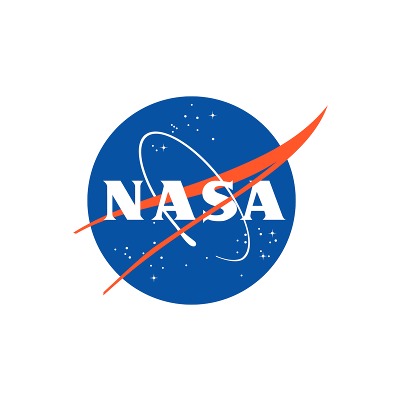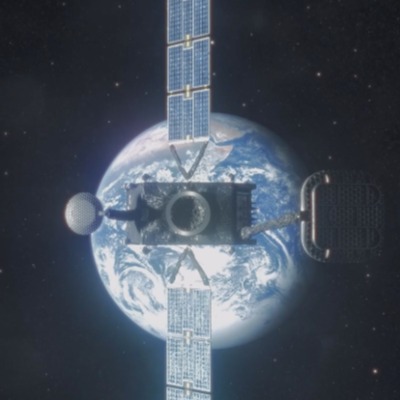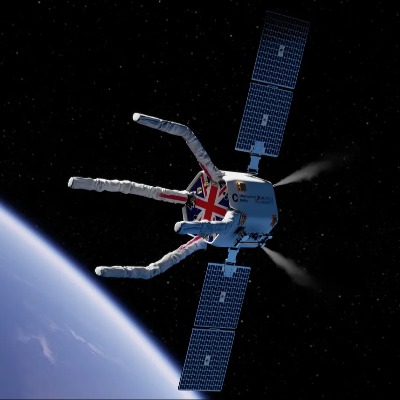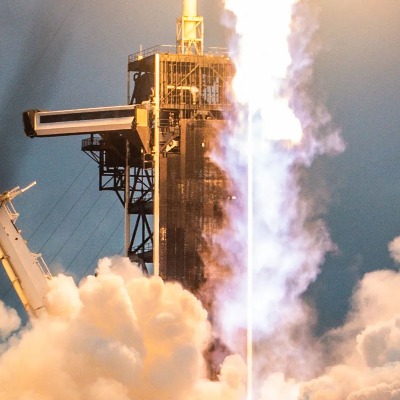Boeing & Lockheed Martin Outpace SpaceX In Latest Space Force Contracts
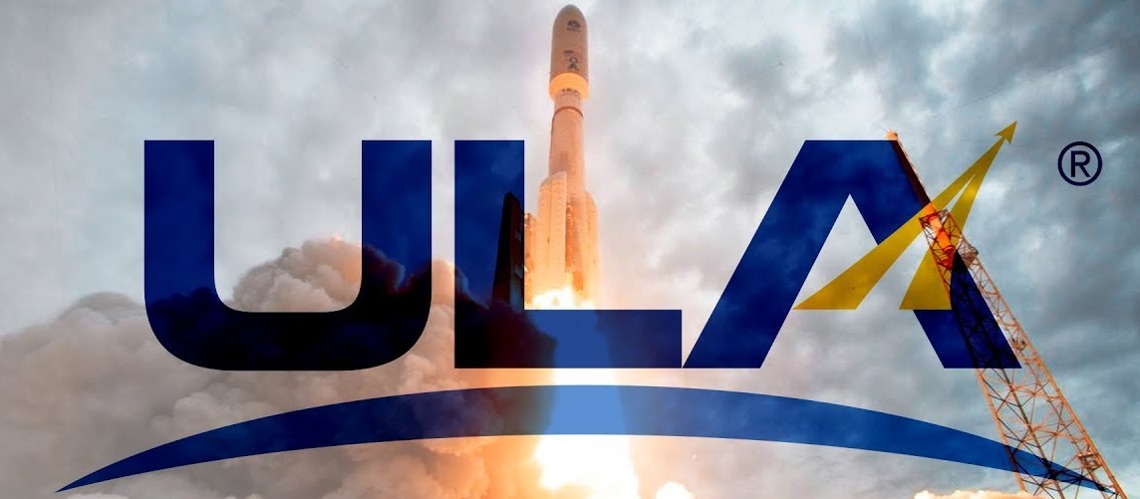
In a significant blow to SpaceX, the United Launch Alliance (ULA), a joint venture between Boeing and Lockheed Martin, has secured a substantial portion of the latest Space Force launch contracts. The announcement marks a decisive win for the established aerospace giants and raises questions about the future of the competitive landscape in the burgeoning commercial space industry.
United Launch Alliance, LLC (ULA) is an American launch service provider formed in December 2006 as a joint venture between Lockheed Martin Space and Boeing Defense, Space & Security. The company designs, assembles, sells and launches rockets, but the company subcontracts out the production of rocket engines and solid rocket boosters.
When founded, the company inherited the Atlas rocket family from Lockheed Martin and the Delta rocket family from Boeing. As of 2024, the Delta family has been retired and the Atlas V is in the process of being retired. ULA began development of the Vulcan Centaur in 2014 as replacement for both the Atlas and Delta rocket families. The Vulcan Centaur successfully completed its maiden flight in January 2024, after years of delays.
The primary customers of ULA are the Department of Defense (DoD) and NASA, but also serves commercial clients.
While specific details of the contract awards remain undisclosed, industry sources indicate that ULA has secured a larger share of the National Security Space Launch (NSSL) Phase 2 contracts compared to SpaceX. This development is surprising given SpaceX's reputation for lower launch costs and rapid innovation.
The Space Force's decision to favor ULA over SpaceX has sparked debate within the aerospace industry. Some analysts argue that the government's emphasis on reliability and mission assurance may have tipped the scales in favor of the more established ULA. Others suggest that SpaceX's lower launch costs may not have been sufficient to offset perceived risks associated with a newer launch vehicle.
Despite the setback, SpaceX remains a formidable competitor in the commercial space market. The company has demonstrated remarkable achievements in recent years, including successful launches of large payloads and rapid development of reusable rocket technology. SpaceX's lower launch costs continue to attract commercial customers, and the company has a strong pipeline of future missions.
The latest contract awards highlight the ongoing competition between traditional aerospace giants and emerging commercial space companies. As the space industry evolves, it remains to be seen whether SpaceX can overcome the challenges posed by established players and capture a larger share of the lucrative government launch market.

